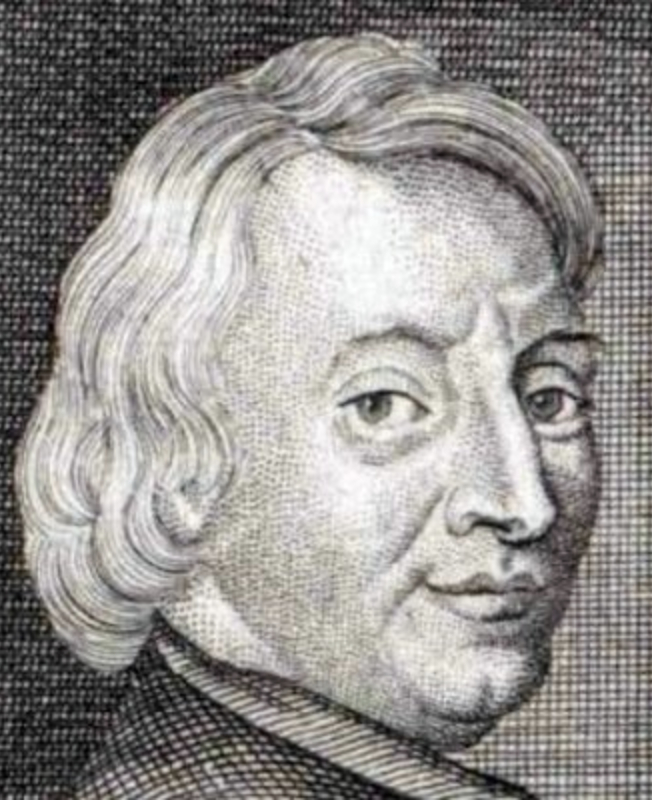On this date in 1670, John Toland was born in Ireland, where he was rumored to be the son of a Catholic priest. He was “Educated from the cradle in the grossest superstition and idolatry,” he later wrote in Apology (1697). By age 15 he had rejected Catholicism by “his own reason.” He studied at Glasgow College from 1687-90, aligning himself with Presbyterianism and earning a master’s degree. He then studied at Leyden, Holland.
The Encyclopedia of Unbelief terms Toland “perhaps the first professional freethinker.” He directed the bulk of his writing, more than 100 works, against established religion while shrewdly qualifying his statements to avoid prosecution. Toland was perhaps the first to be called a “freethinker” (by Bishop Berkeley). At Oxford, Toland wrote the deistic Christianity not Mysterious (1696), in which he credited “cunning priests” with the promotion of irrationality. He returned to Ireland for a visit, where his book was castigated from the pulpits and by the Irish House of Commons, which ordered the book burnt and the author arrested.
One member of the House even moved “that Mr. Toland himself should be burnt.” By 1704, Toland, who had translated the work of Giordano Bruno, called himself “a Pantheist” and is believed to be the first to use the term, defining it as the belief that only the material universe and nature are divine. In History of the Soul’s Immortality, Toland asserted that this doctrine was a self-serving invention by Egyptian priests. He also wrote Life of Milton (1698) and political tracts. His pamphlet “Nazarenus” (1718) contained early samples of biblical criticism. His Pantheisticon (1720) rejected supernaturalism. His essay “Tetradymas” contains bible criticism and a description of the murder of Hypatia. (D. 1722)


